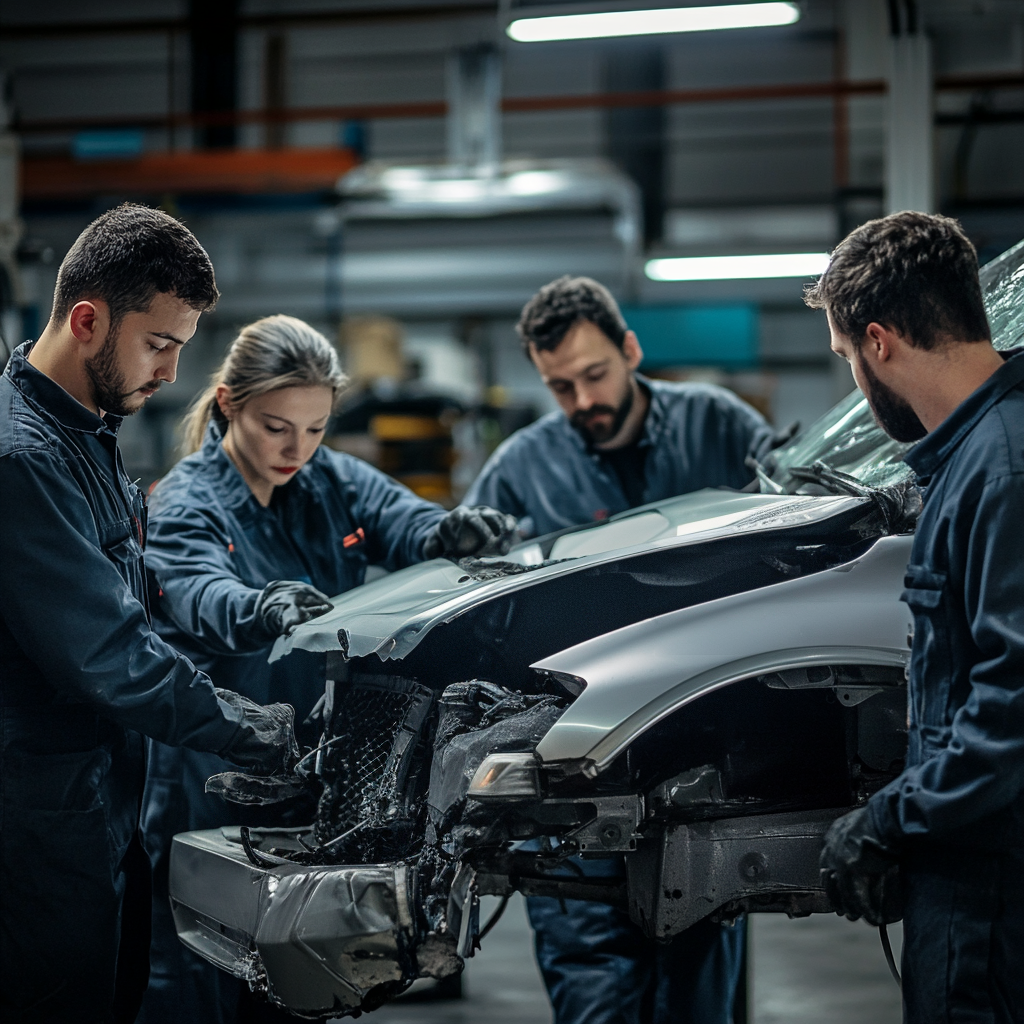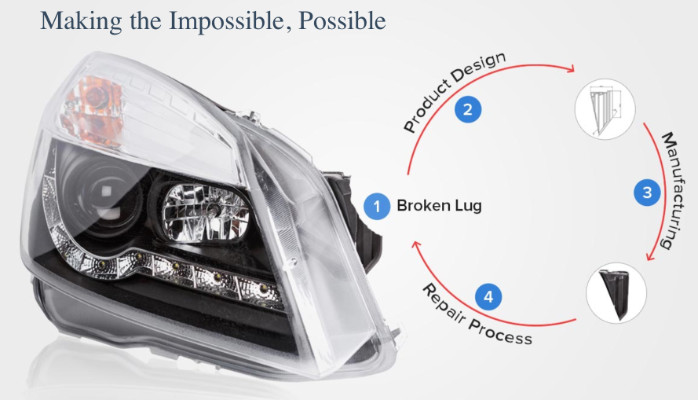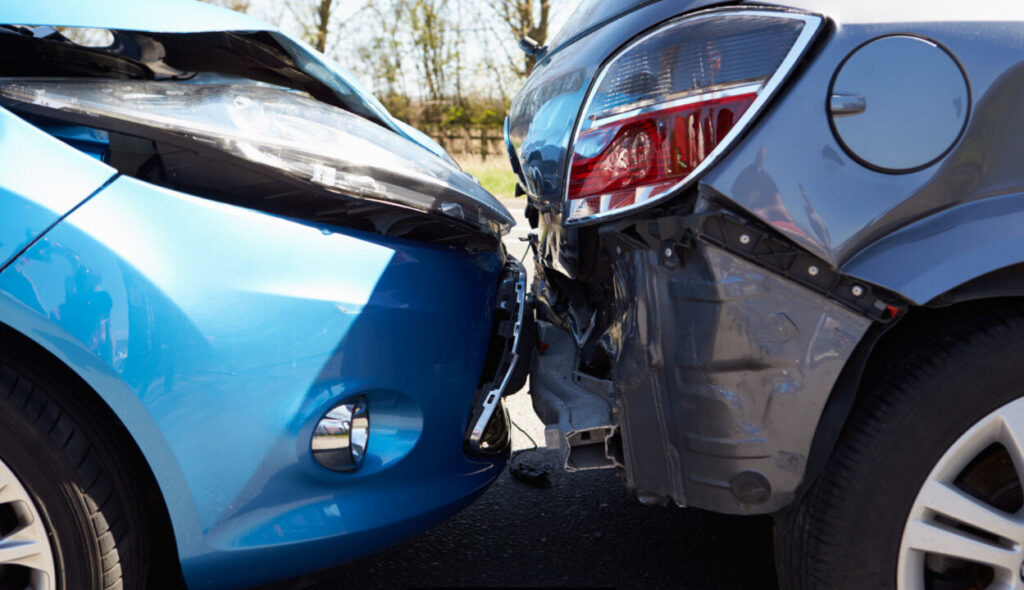As the automotive industry continues to evolve at a rapid pace, traditional training bodies face increasing challenges in upskilling the workforce to meet modern demands. The complexity of vehicle technology, plastic materials, and ADAS (Advanced Driver Assistance Systems) safety features is growing, often surpassing the scope of generalist training programs. To address these challenges, specialized authorities offer a promising solution by bridging the skills gap and preparing a workforce capable of meeting the highest repair standards.
Why a Specialized Approach is Essential
Modern vehicles require highly targeted expertise, which may no longer be achievable through generalist training alone. By focusing on specific repair disciplines such as plastic welding, advanced material repair, and ADAS calibration, the industry could establish centers of excellence and offer advanced online courses. These initiatives would provide technicians with in-depth knowledge and skills to perform tasks that meet or exceed OEM-compatible standards.
This specialized approach not only enhances repair quality but also creates clear career pathways for technicians to develop in-demand abilities. As vehicles grow more advanced, such specialty-focused bodies will be essential in ensuring safety, quality, and precision in repairs.
Innovating Through Focused Expertise
Specialized training bodies can act as innovation hubs, driving advancements in repair technologies and techniques. By collaborating with OEMs, insurers, and researchers, these organizations could integrate state-of-the-art solutions such as 3D printing, sustainable adhesives, and advanced filler-free plastic welding methods.
These innovations position the collision repair industry to adapt proactively to ongoing changes. By equipping repair professionals to not only meet current challenges but also lead in developing efficient and sustainable solutions, the industry remains at the forefront of global advancements.
Building a Workforce Ready for Tomorrow
The collision repair industry faces one of its most pressing challenges: a widening skills gap. Specialized training programs address this issue by equipping technicians with the advanced technical expertise required for increasingly complex repairs.
This approach also fosters a culture of mentorship, where seasoned industry veterans share invaluable real-world experience with the next generation. Through targeted education and a commitment to excellence, the industry can ensure a sustainable and future-ready workforce capable of meeting the highest safety and quality standards.
Repair Costs, Environment, and Sustainability
Advancing repair skills and technologies brings significant economic and environmental benefits. Specialized methods, such as advanced plastic welding and filler-free techniques, allow repair shops to restore parts that might otherwise be discarded. This approach reduces repair costs by minimizing the need for part replacements, while also diverting plastic waste from landfills.
Furthermore, decreasing reliance on newly manufactured parts significantly lowers CO₂ emissions associated with production and transportation. These benefits extend across all stakeholders—repair shops, insurers, vehicle owners, and the environment—potentially leading to lower insurance premiums as repair cost reductions are passed along to consumers.
By prioritizing repair over replacement, the collision repair industry aligns with global sustainability goals, offering a clear environmental and economic advantage.
The Case for Global Collaboration
Specialized authorities could also play a pivotal role in unifying repair standards and practices on a global scale. By establishing universal benchmarks, these bodies can reduce inefficiencies by standardizing processes across regions, promote sustainability through reusable materials and advanced techniques, and extend the lifespan of parts to minimize waste and environmental impact.
A coordinated global effort would ensure consistent repair quality while fostering innovation and aligning the industry with broader ESG (Environmental, Social, and Governance) goals.
Benefits for Technicians, Shops, and the Industry
Adopting a specialized approach to training and innovation brings tangible benefits for technicians, who gain access to niche skills and advanced training programs that enhance career prospects and earning potential. Repair shops benefit from improved efficiency, repair quality, and customer satisfaction, strengthening relationships with OEMs and insurers. For the industry as a whole, this approach addresses the skills gap, fosters innovation, and ensures safety and quality standards are met.
A Vision for a Future-Ready Industry
To stay relevant in the face of rapid technological advancements, the collision repair industry must embrace change. Specialized authorities represent a transformative opportunity, addressing the skills gap while fostering innovation, sustainability, and excellence.
By prioritizing targeted expertise and global collaboration, the industry can adapt to modern demands, creating a future-ready workforce and ensuring repair practices remain efficient, sustainable, and precise. Traditional training bodies have laid a strong foundation, but the complexities of modern vehicles demand a specialized approach to move forward.
The future of collision repair is one where specialized authorities lead the charge—delivering higher standards, reducing environmental impact, and positioning the industry as a global leader in innovation and sustainability


